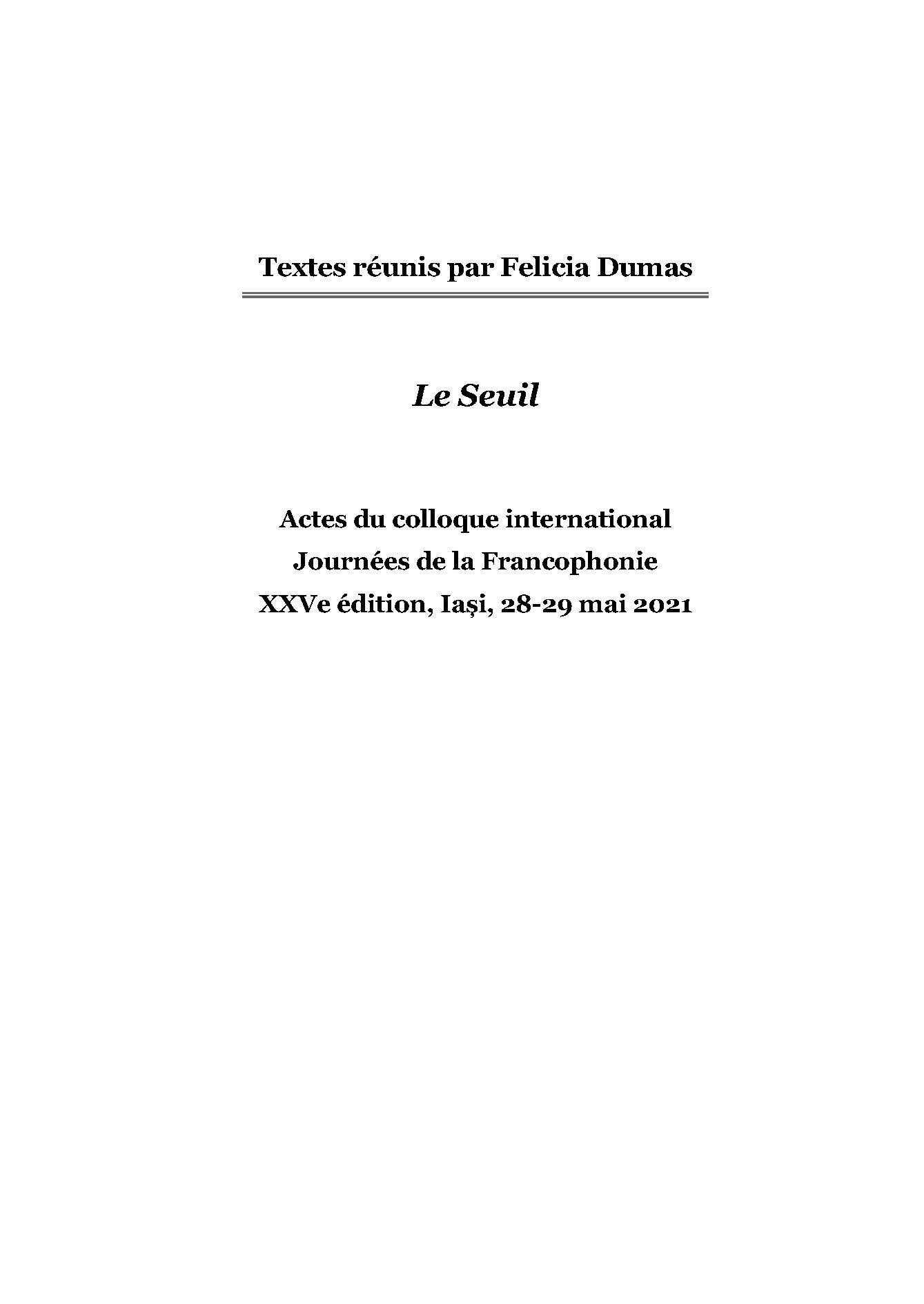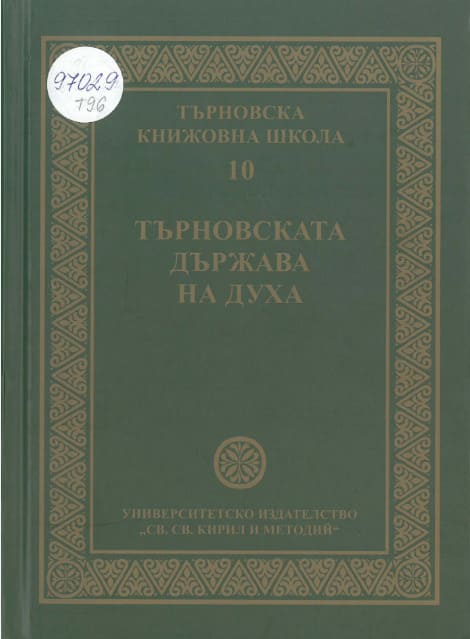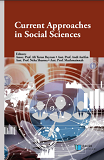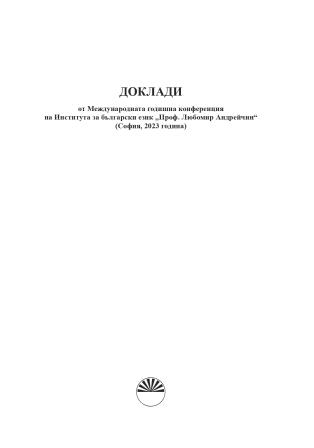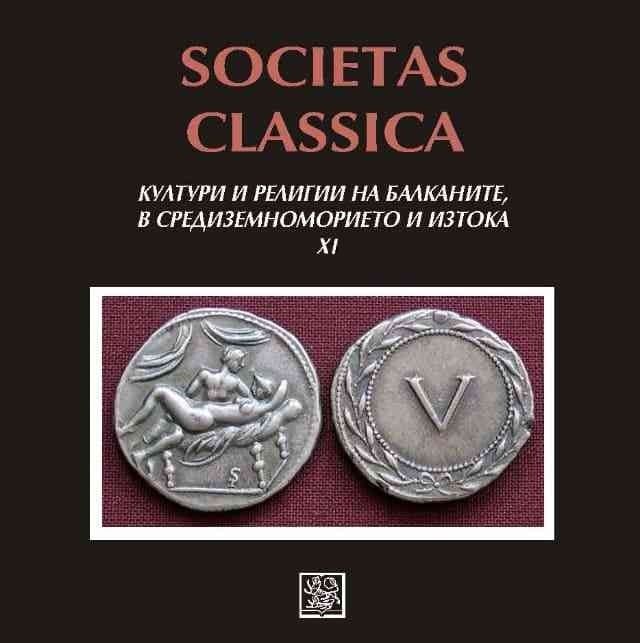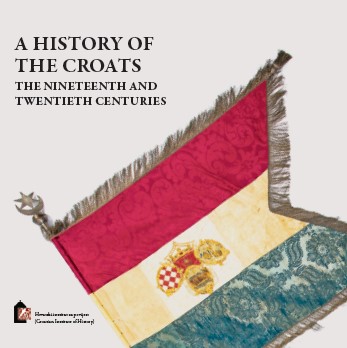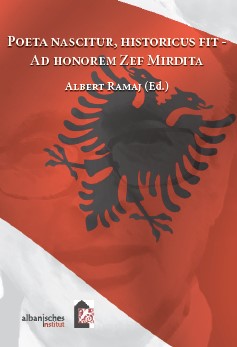Author(s): İbrahim Yorgun / Language(s): English
Publication Year: 0
The aim of study is to analyze the İsmet İnönü era in Turkey during his tenure while concentrating on the challenges and shortcomings of democracy. The study will focus on various dimensions, including political restrictions, limitations on freedom of expression, one-party rule, electoral systems, socio-cultural factors as well as economic policies in order to offer a detailed examination of the complex dynamics which shaped the democratic landscape of Turkey of the time. Studying the mentioned dimensions is expected to uncover the factors which led to the inadequacy of democracy during the İnönü era and eventually to evaluate their implications for Turkey's democratic development, which on the one hand encompasses the succession from Mustafa Kemal Atatürk and the Republican People's Party's (CHP) dominant role and on the other hand emphasizes the consolidation of power and the challenges to political representation. Particularly, the analysis of electoral practices can provide insights into the limitations of democratic processes, such as restrictive laws, voter intimidation, and limited political pluralism. Moreover, the study will examine the impact of these challenges on democratic decision-making which would include but not limited to the centralization of power, the marginalization of opposition voices and their meanings for citizen participation. The study will also try to evaluate the restrictions on freedom of speech and the media landscape, discussing the limitations imposed on critical voices, media control, and its consequences on public discourse and democratic participation. In addition to these, the study is expected to assess the socio-cultural dynamics which would focus on İnönü's modernization policies and their impact on social transformation. The study will explore the tensions between traditional values and cultural constraints, too. This will be carried out by highlighting the challenges faced by less represented groups and the inclusiveness of the political system. The economic policies of the İnönü era, including the economic vision and development strategies will be scrutinized, with particular attention given to the socio-economic disparities and their effects on democratic participation as well as political power dynamics. Furthermore, the study will attempt to examine the international relations and foreign policy approach of İsmet İnönü. This examination will be through the consideration of the implications for democracy and Turkey's international standing. The influence of external factors on democracy in Turkey during the mentioned timeline will also be assessed. Finally, the study will be concluded with the evaluation of the legacy of the İnönü’s era, weighing the democratic gains and losses while drawing lessons for Turkey's democratic development and considering the implications for the post-İnönü era. This comprehensive analysis is expected to contribute to a nuanced understanding of the İsmet İnönü era's impact on democracy in Turkey which could highlight the complexities and challenges faced during his tenure. The critical examination of the various dimensions, the study will provide valuable insights for scholars, policymakers as well as for any expert who is interested in Turkey's democratic history and in the ongoing democratic journey.
More...
